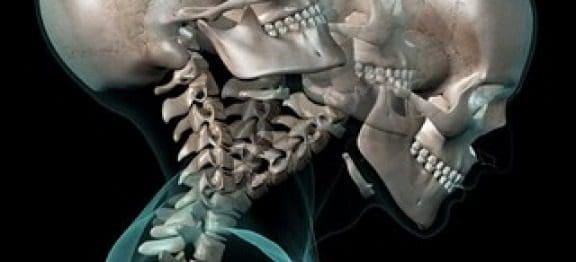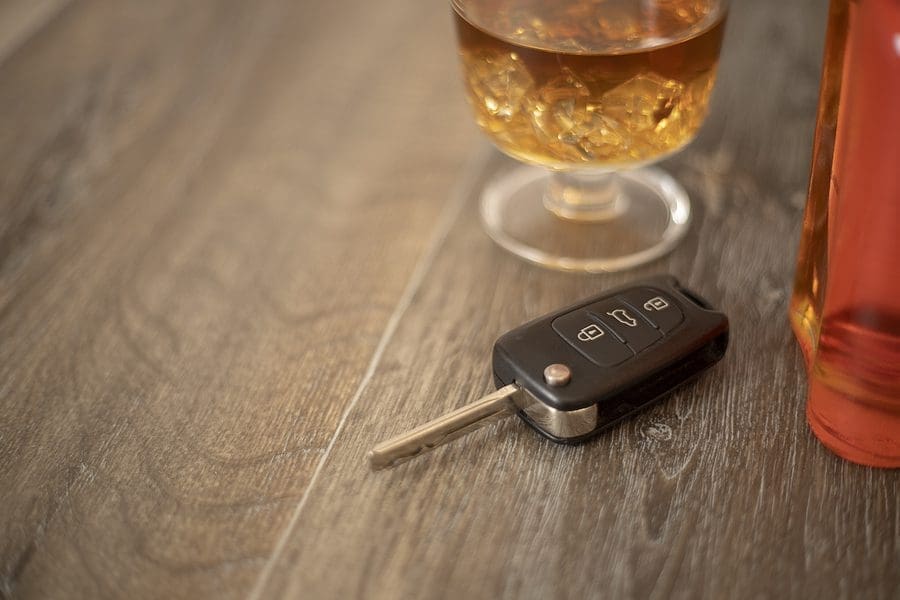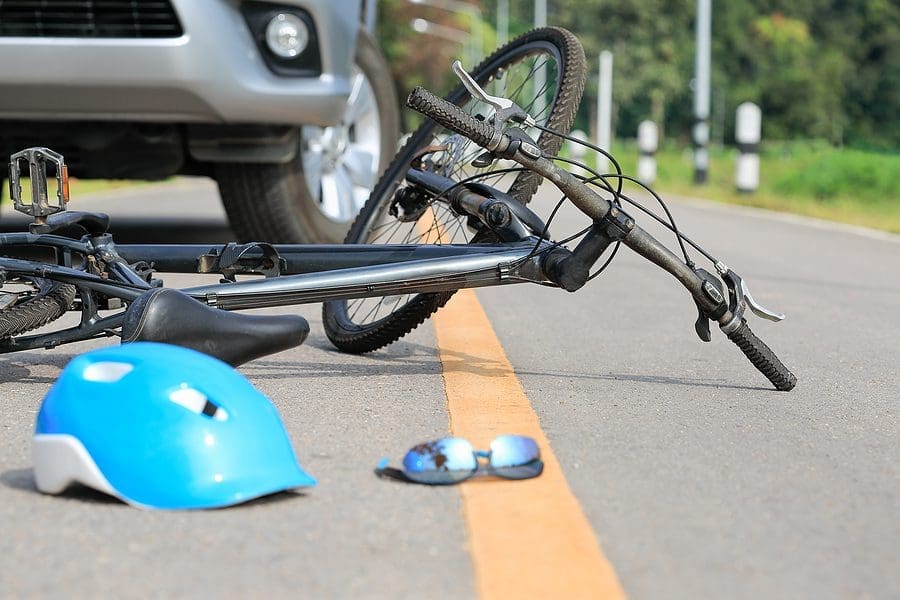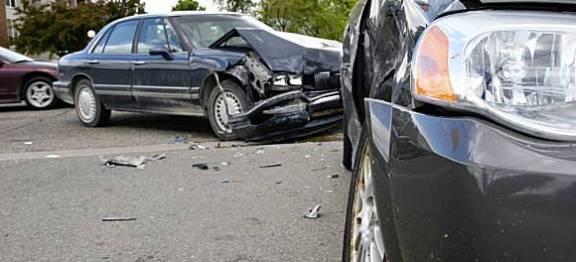JONES LAW GROUPYour Lawyers for Life! Personal Injury Law Firm in St. Petersburg

Learn how to avoid whiplash in a car accident, and what to do if you sustain this type of neck injury. Summary When another vehicle hits your car, you may have seconds to react to protect yourself. That is why it is important to take preventative measures to avoid injuries like whiplash. By correctly adjusting […]
Call our personal injury law office directly at (727) 512-9847
At Jones Law Group in St. Petersburg, FL, we would like to hear from you. Contact us for a free personal injury case consultation.
Call our personal injury law office at (727) 512-9847
Get educated on the Florida's personal injury laws and more.
Learn how to avoid whiplash in a car accident, and what to do if you sustain this type of neck injury.
Summary
When another vehicle hits your car, you may have seconds to react to protect yourself. That is why it is important to take preventative measures to avoid injuries like whiplash.
By correctly adjusting your headrest, you may be able to reduce your risk of sustaining a whiplash injury in a car accident. However, even if you follow this safety tip, it is still entirely possible that the force of impact will cause you to suffer whiplash.
Generally, this is a minor to moderate car accident injury, but the side effects can linger for weeks. A straightforward rear-end car accident at a relatively low speed could end up costing you a decent sum due to medical bills, lost wages, and other expenses.
If you were unable to avoid whiplash in a car accident caused by a negligent driver, our team of personal injury attorneys can help you recover fair compensation for your damages.
Reach out to us at (727) 571-1333 or go through our contact form to schedule a free consultation.
Whiplash is a relatively common injury that involves the sudden acceleration then deceleration of the head and neck. It is most commonly associated with rear end collision car accidents.
Typically, if a car accident occurs where one car is rear ended by the other, the occupants of the front vehicle will have their head and necks accelerate forward until the seat belt halts their forward progress.
Then the head and neck will be violently stopped and snapped back, which is how car accidents causes whiplash. This type of injury was first associated with train accidents prior to the invention of the automobile and was called “railway spine.”
Whiplash is not usually a life threatening injury, but it can lead to extended periods where the person may be partially disabled. Early medical care is important in the treatment of whiplash.
Care may include range of motion exercises and chiropractic care. Failure to properly diagnose and treat whiplash can lead to more serious issues such as depression.
Recent studies have indicated that up to 35% of whiplash injuries avoidable.[1] The research has found that most people have either poor quality head rests in their vehicle or have the head rests adjust improperly. There are a few things you can do to address this:
You want to ensure that your car is built to withstand an impact in the event of a crash, unlike many of the most dangerous car models. Furthermore, it’s important to check that the headrests are good quality to avoid whiplash in a car accident.
Aim for a durable headrest that is soft enough to absorb the impact of your head but firm enough to maintain its position.
Use websites like the IIHS rankings to determine whether the head rest in your current car is of a good quality. According to a Consumer Reports guide, to properly adjust your head rest you want the top of the head rest slightly above the top of your head.
The head rest should positioned so that it is nearly touching the back of your head. The seat back of your seat should be in a fairly upright position. The goal is to keep the seat back and head rest as close to your back and head as possible.
In addition to choosing a safe vehicle and properly adjusting your headrest, one of the most effective ways to avoid whiplash in a car accident is to wear your seatbelt. A seatbelt contains your momentum and limits how far your head is jerked back and forth.
It is important to remember that the symptoms of whiplash may not be felt at all for 24 hours and may actually grow worse over a period of days. Most people will experience some of the following symptoms in the days following the accident:
1. Neck pain and stiffness;
2. Pain in the shoulder or between the shoulder blades;
3. Pain in the lower back;
4. Pain radiating into arm or hand;
5. Headaches;
6. A ringing in the ears;
7. Vision issues;
8. Cognitive or memory issues; and
9. Irritability and fatigue.
It is important to remember that infants can suffer whiplash, as well. However, the parent of an infant will need to be on watch for the following symptoms:
1. Irritability;
2. Change in personality;
3. Decreased alertness;
4. Loss of consciousness;
5. Breathing issues;
6. Pale or bluish skin;
7. Loss of appetite; and
8. Vomiting.
If your infant exhibits any of the symptoms described above, it is urgent that you seek medical care immediately. Seeking medical attention following a car accident is always wise, even if you think you managed to avoid whiplash or other injuries.
Doing so creates a record that you sought treatment, which is necessary to access PIP benefits and maintain a credible claim for compensation. Neglecting to seek medical care can leave you vulnerable to the long-term effects of whiplash, as well as skepticism from insurance companies.
Have you or a loved one been injured in an accident? Contact an experienced St. Petersburg whiplash lawyer at Jones Law Group today. Our team is thorough, dedicated, and connected to the local community.
When you contact our office we will immediately set an appointment where you will meet your attorney and be provided with their personal contact information. If you do not have transportation or you cannot drive, your car accident attorney will travel to meet you and discuss your case with you.
We understand whiplash injuries and the issues that they can cause in your daily life. Our law firm will always work to make sure you are compensated fairly. You can trust us to handle your car accident case with care.
Whether you were a pedestrian, a bicyclist, or the occupant of car, motorcycle or boat and have been injured in an accident, you should immediately call an experienced personal injury attorney in St. Petersburg.
You can reach Jones Law Group at (727) 571-1333 during regular business hours or (727) 753-8657 on weekends or after regular business hours. We will evaluate your case for free and you will never pay us a dime unless we recover compensation for your injuries.
You may not have been able to avoid whiplash in a car accident, but you can avoid being taken advantage of by an insurance company looking to devalue your claim. Let Jones Law Group simplify the personal injury claims process for you and negotiate for the settlement you deserve.
Jones Law Group
5622 Central Avenue
St. Pete, FL 33707

The Fourth of July is supposed to be a fun day filled with fireworks and great food. But, like any other holiday, it can quickly turn tragic. Independence Day is actually the deadliest holiday, with hundreds of people dying in car accidents across the U.S. each year. But if you keep the following safety tips […]

Certain types of cars are more likely to be involved in causing car accidents based on factors like size and safety features. Summary Understanding the vehicles most likely to cause auto accidents can save lives. Whether you’re a driver, personal injury victim, car enthusiast, or simply someone who values safety, knowing which types of vehicles […]

Florida Bicycle Accident Statistics In 2018, there were 857 fatalities from bicycle accidents in the United States. Florida accounted for the most bicycle related deaths, with 16% in 2017. What makes Florida so dangerous for bicyclists, and what kinds of injuries are causing these deaths? In a recent survey of Florida cyclists, they found that […]

By: Heath C. Murphy + – Personal Injury Collectively, semi-trucks travel about 140 billion miles per year, delivering goods in the United States. One-third of all U.S. semi trucks are registered in Florida, Texas, and California. Obviously, semi trucks are a necessary component of the economy, but when trucks are involved in accidents, the results […]

By: Heath C. Murphy + – Car Accidents The insurance companies have done a fantastic job of getting the American public to associate the term “soft tissue injury” with minor or not serious injuries. This is incredibly unfair to thousands of injured motorists each year. First of all, soft tissue injuries generally refer to injuries […]

If you’re a motorcycle enthusiast, you know exactly how exhilarating – and just plain fun – it is to ride. There’s just something about it that’s hard to explain to those who don’t. It’s even better when you ride with friends. The sense of camaraderie can’t be topped. Unfortunately, far too many motorcyclists are injured […]
Speak with us before time runs out! In Florida, you have a limited window to file a personal injury case, so speak to an Attorney today.
Call our personal injury law office directly at (727) 512-9847
Jones Law Group is a dedicated personal injury lawyer in St. Petersburg, FL, serving the Tampa Bay area since 2006. Our experienced attorneys specialize in car accidents, slip and fall cases, employment law disputes, construction law issues, and overtime wage claims, fighting for maximum compensation on a contingency fee basis. Contact us for a free consultation to discuss your case.
Call our personal injury law office at (727) 512-9847
© Copyright 2006–2025 Jones Law Group Attorneys at Law. All rights reserved. Privacy Policy Terms of Use
Attorney Advertising.
The information on this website is for general information purposes only. Nothing on this site should be taken as legal advice for any individual case or situation. This information is not intended to create, and receipt or viewing does not constitute, an attorney-client relationship. Past results do not guarantee similar outcomes.
Are you injured or wronged and interested in a consultation? Fill out the form for a free consultation with us.